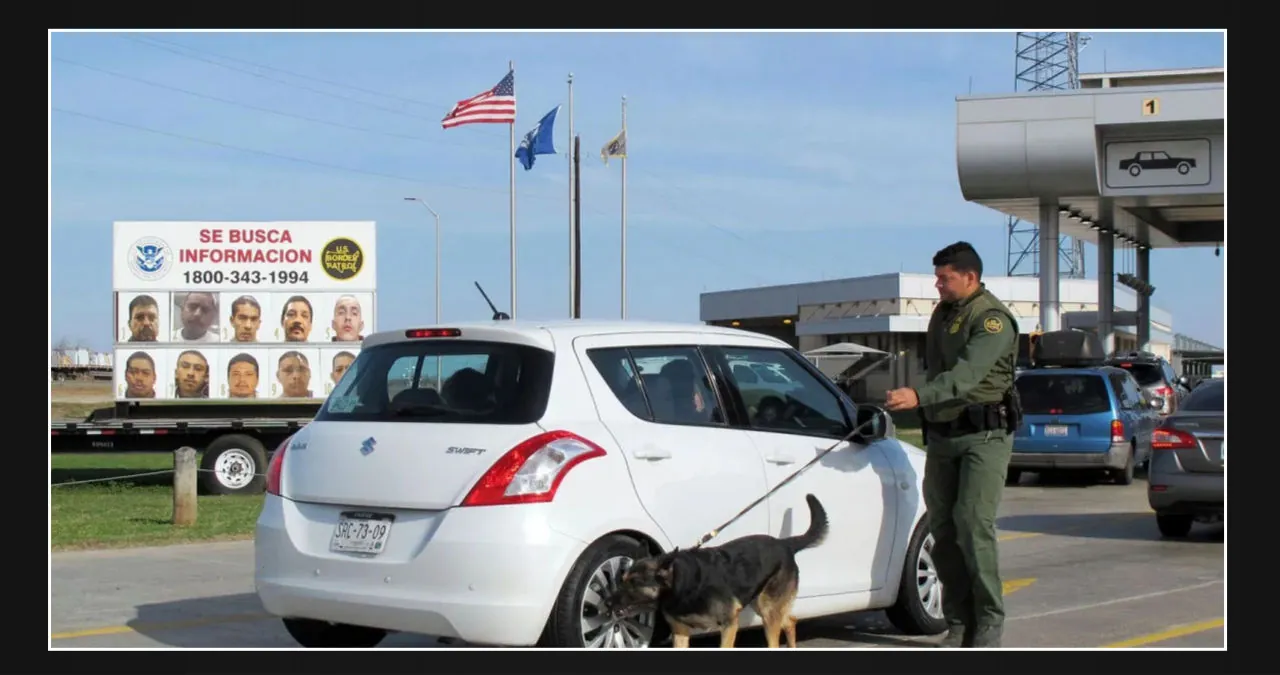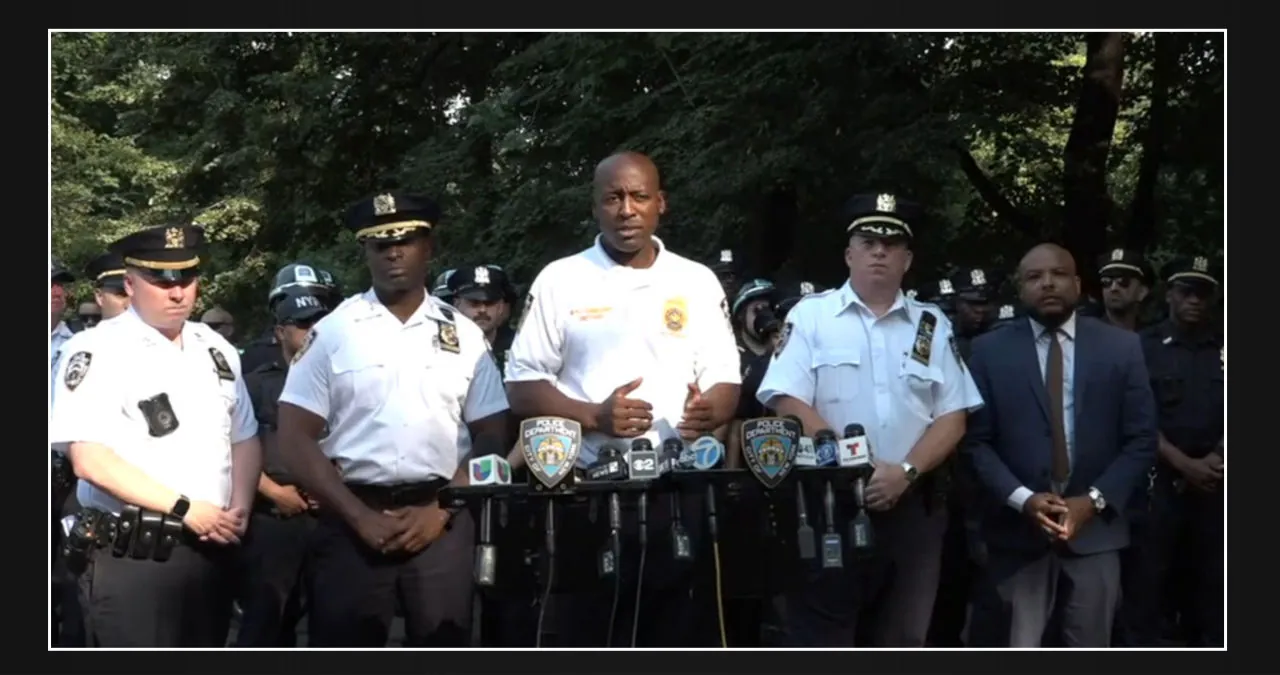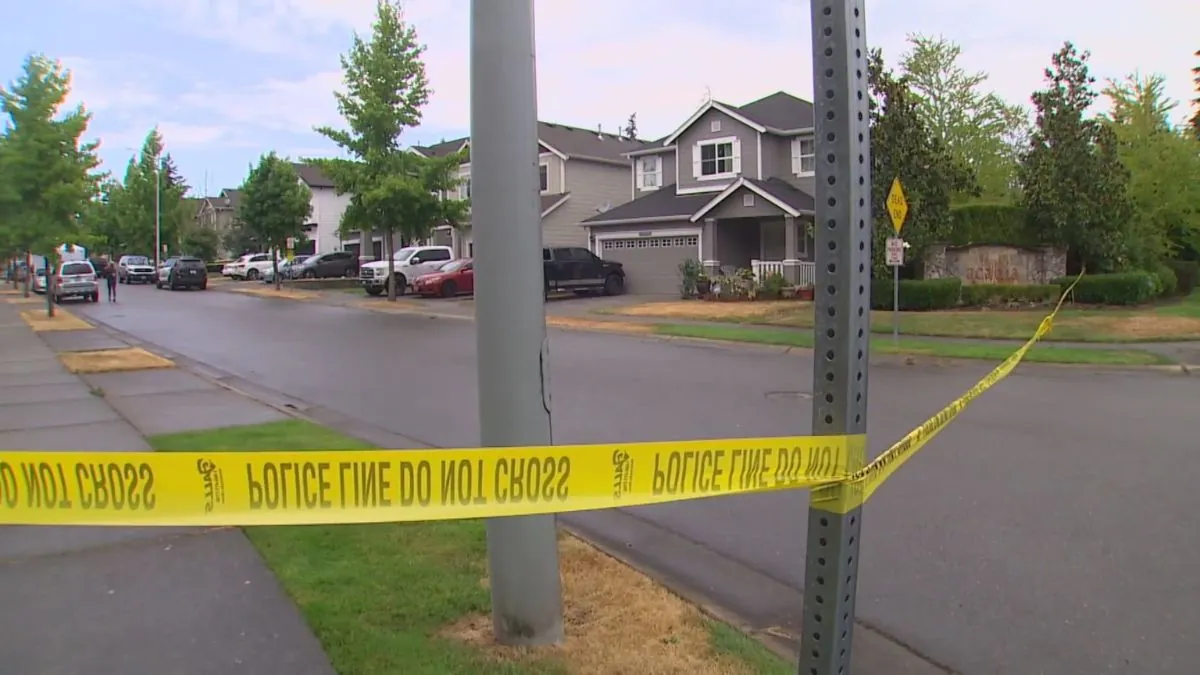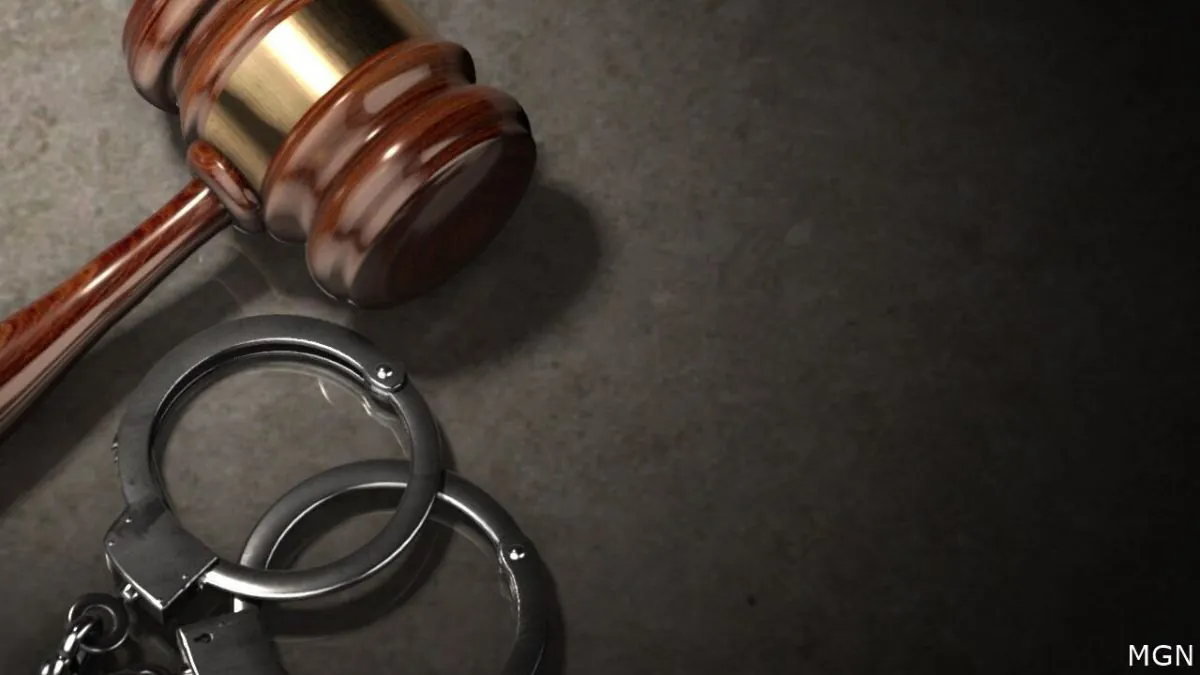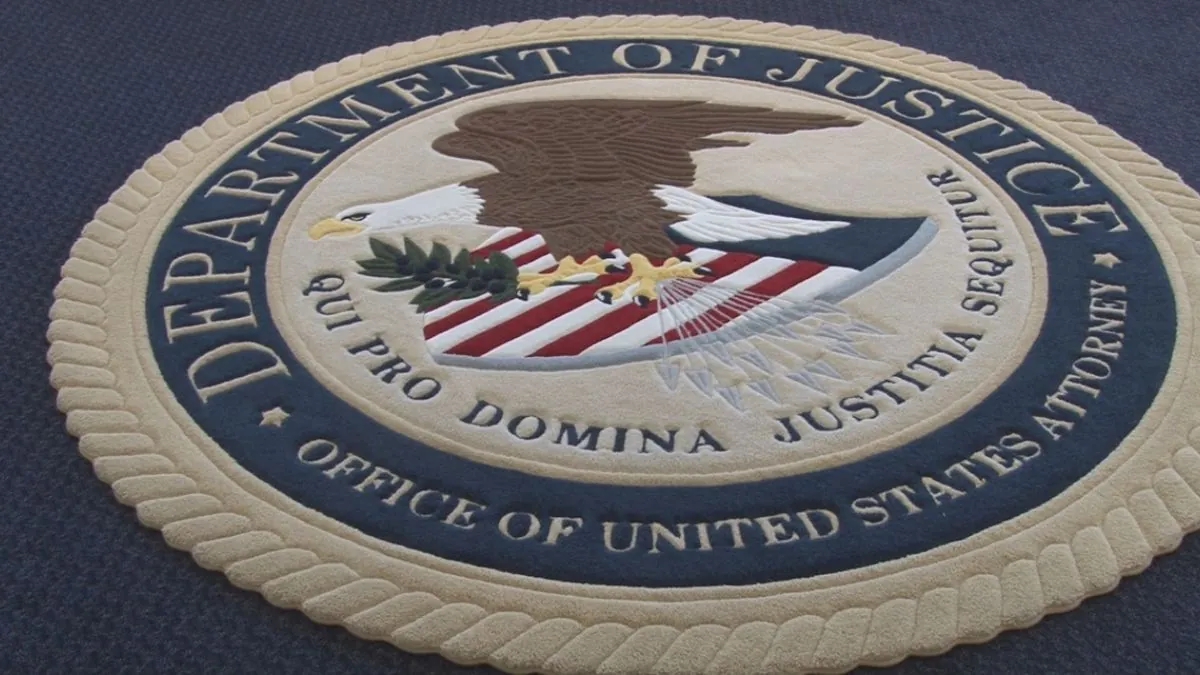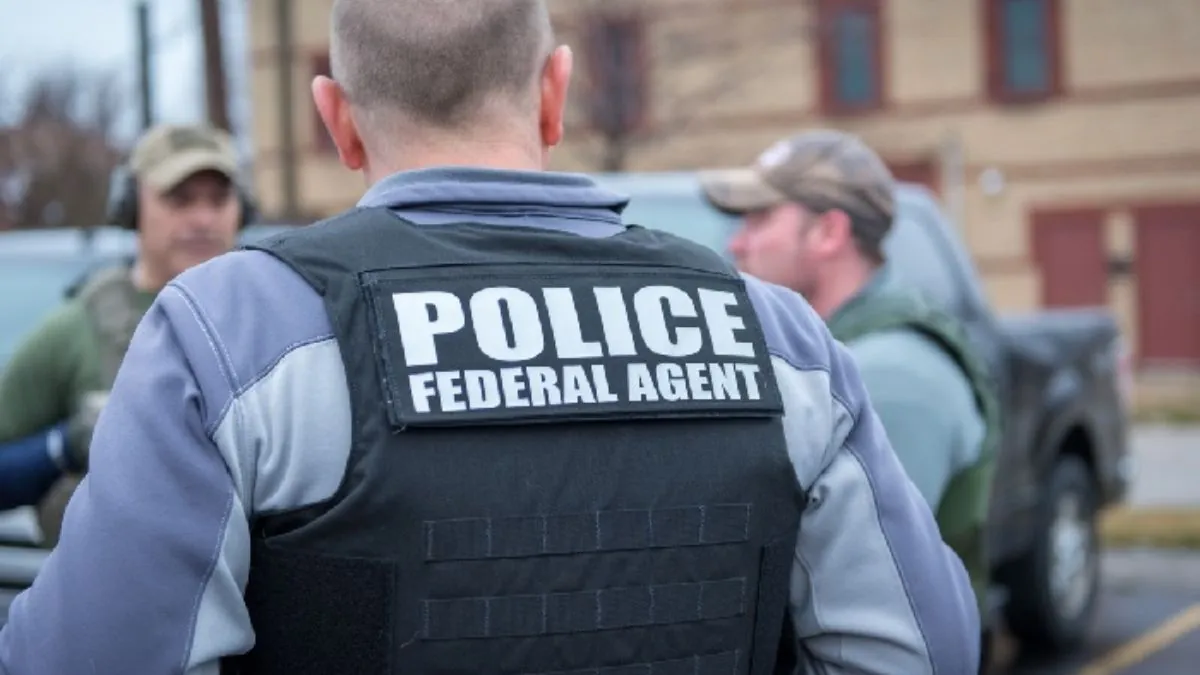The program designed to enhance the arresting powers of U.S. Border Patrol agents in Texas has not been implemented, despite being in effect for almost a year.
In May 2023, Governor Greg Abbott signed legislation that has since been implemented in September, granting Border Patrol agents broader authority in terms of arresting individuals and conducting search-and-seizure operations. Additionally, the legislation allows these agents to enforce state laws in situations involving suspected felonies at ports of entry or checkpoints. Previously, federal agents were only able to detain individuals at checkpoints and then had to rely on state or local law enforcement for further action.
Senate Bill 602, introduced by Senator Brian Birdwell, a Republican from Granbury, aimed to enhance law enforcement capabilities in border regions.
Lawmakers were informed during a hearing on Thursday by the Texas House Committee on Homeland Security and Public Safety that the program has not yet been rolled out.
According to Texas DPS Assistant Chief Derek Prestridge, the delay in implementing the required training program was partially caused by Border Patrol’s decision on whether to participate.
Prestridge informed the committee that currently, the Border Patrol is awaiting guidance and approval from their general counsel before committing to attending any classes.
Cabrera, a vocal critic of the Biden administration’s border policies, expressed his belief that the program will eventually gain momentum. However, he emphasized that its success relies solely on the U.S. Department of Homeland Security.
According to Cabrera, the responsibility for the issue lies with DHS Secretary Alejandro Mayorkas.
There could be another reason for the delay in implementation, and that is the training program itself. Prestridge mentioned that the DPS has already provided outlines for the training and its initial phases to Border Patrol and officials in Washington. However, he acknowledged that these outlines might change based on the feedback received.
“They have started reviewing the matter and have posed some reasonable follow-up queries regarding felony laws,” he stated. “Additionally, they inquired about the process of filing the cases and gathering further testimony.”
The timeline for training initiation remains uncertain once the federal government decides to participate in the program.
State Representative Vicky Goodwin, a Democrat from Austin, questioned Cabrera about the rationale behind requesting Border Patrol agents to arrest individuals for state crimes when federal agents are already facing resource constraints. Goodwin noted that Governor Abbott had already deployed numerous Texas National Guard soldiers and state officers to the border under Operation Lone Star due to the overwhelming demands on the Border Patrol.
She questioned, “Are y’all not that busy? It’s confusing to me that you’re making it sound like they’re just standing around, not able to go after drunk drivers.”
Cabrera emphasized that the scarcity of agents was particularly pronounced along the Rio Grande, highlighting the crucial need for assistance from the state in that area.
“We always have an abundance of staff at our checkpoints,” he stated.

